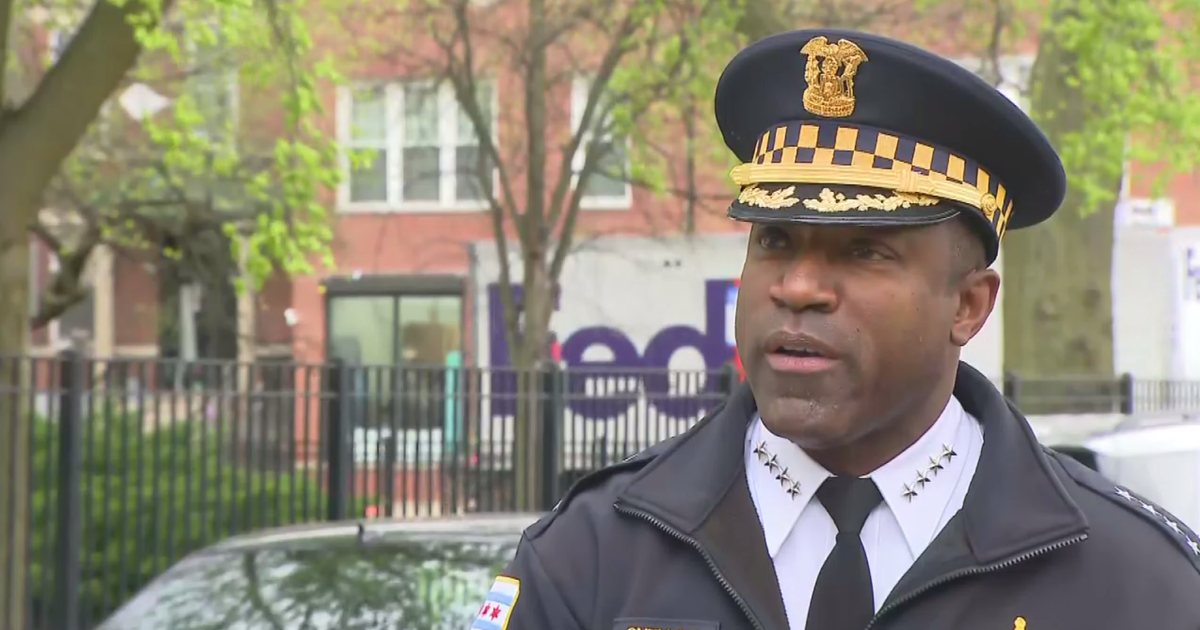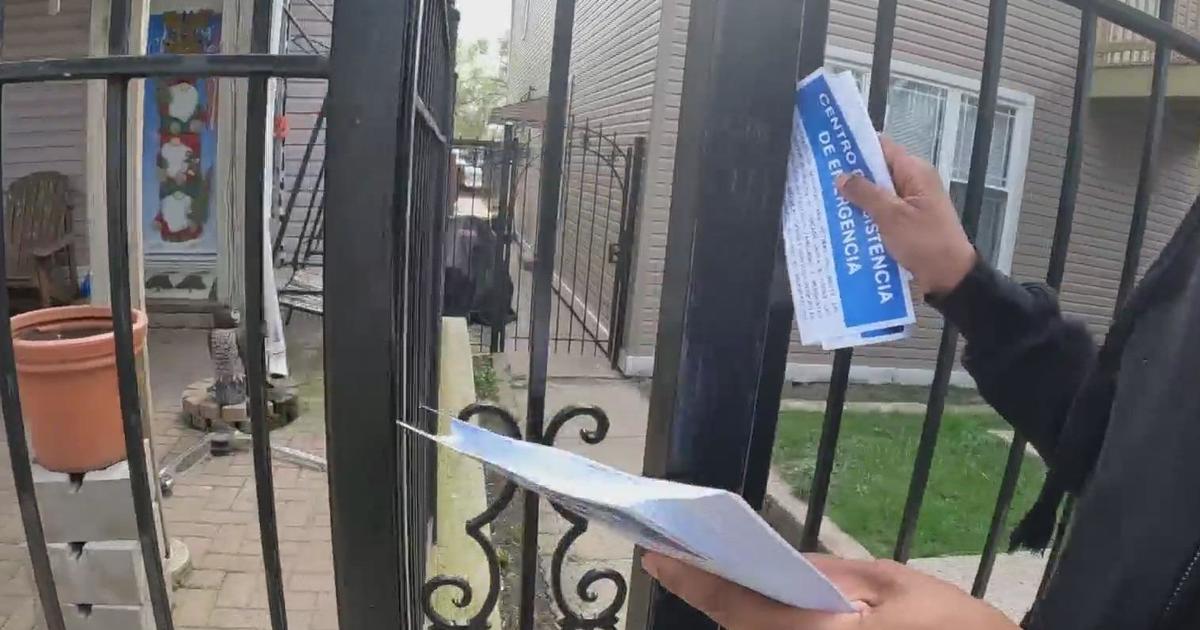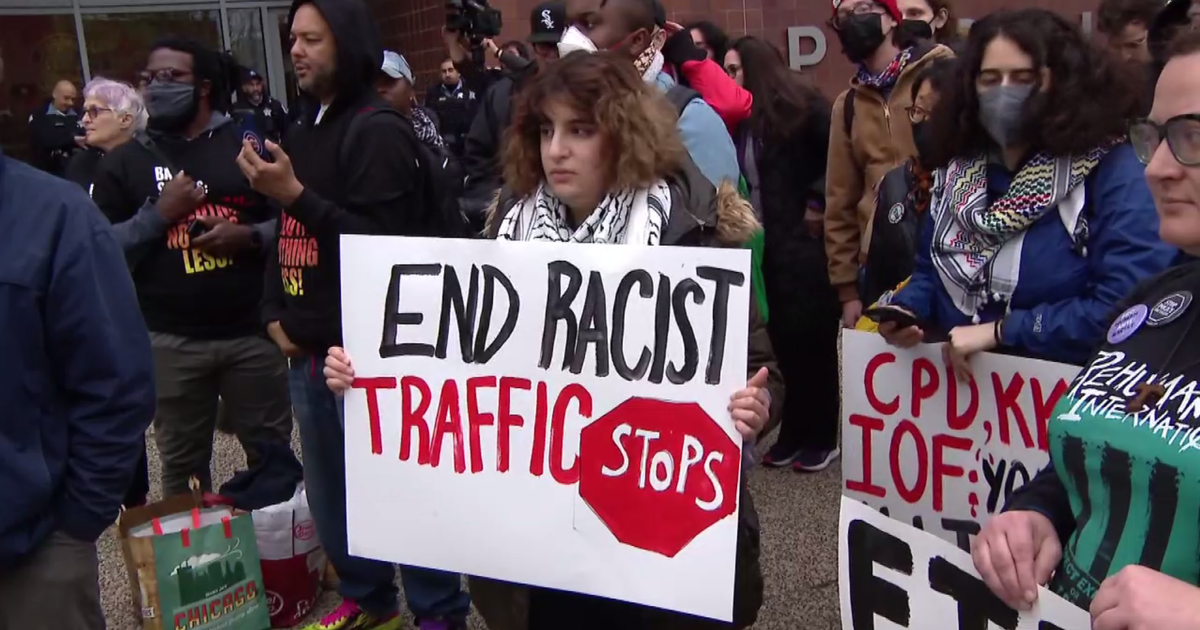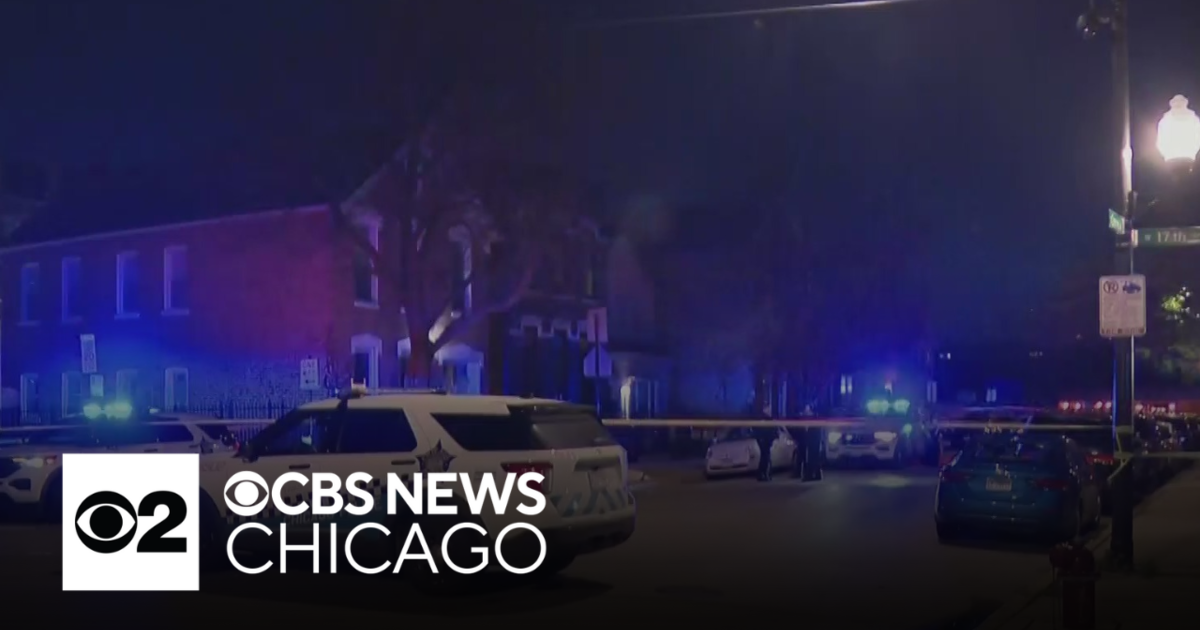Mother Challenges Evanston Police Move To Clear Her Son's Murder
EVANSTON, Ill. (STMW) -- The mother of shooting victim Justin Murray, who was gunned down in front of his grandmother's Evanston house nearly a year ago this month, said police informed her recently they intend to clear the case, believing enough evidence exists that points to a now deceased 20-year-old Evanston man as the shooter.
The information was brought to light during citizen comment before the regular Evanston City Council meeting. Carolyn Murray, mother of the victim, told council members that Police Chief Richard Eddington had informed her recently that police were moving to clear the case, with evidence pointing to Blake Ross as the shooter in her son's murder Nov. 29, 2012.
Justin Murray, 19, was fatally shot as he stood outside his grandmother's house on the 1800 block of Brown Street, in what police described as ongoing violence between warring families and individuals.
Police believe that Murray, back in town only four hours at the time, was an unintended victim.
Ross was found shot nine times May 12, 2013 on Chicago's South Side, in a shooting police also tied to the ongoing gun violence in Evanston.
Less than a week before his death, police believe that Ross may have been an "intended target" in a shooting near the Fleetwood-Jourdain Community Center on Evanston's West Side, also tied to the ongoing violence.
Murray told council members Monday that she can't support clearance of her son's case, based on information she had received from family members, residents and others that there were at least three people present at the time of his shooting.
Under state law, she pointed out to aldermen, "if there is someone present at a murder they share as much guilt as the shooter."
She urged council members to have police findings into her son's murder be turned over to her so she can hire a private investigator.
She said she would want that person to gather "conclusive evidence and information," leading to the arrest of all the perpetrators, rather than pin the case on one individual conveniently "blamed for everything that ever happened in Evanston."
Eddington said Tuesday he sought to talk to Murray about the case in an effort "to be as candid and transparent" about where police are in their investigation.
He said police had information picked up from the street that Ross was held accountable for Murray's death. He said detectives continuing to work the case developed information from three sources which verified that conclusion.
That does not preclude other people being involved, he stressed, but the chances of someone walking in and supplying police with that information at this point would appear to be remote.
The case fits the criteria of what police classify under "exceptional clearance," for statistical purposes, Eddington explained.
"We have sufficient evidence to believe who the offender is, but the situation is beyond our control to arrest, charge or prosecute" the individual; in this case, because the suspected offender is deceased, he said.
The chief expressed his condolences to the family.
"Unfortunately, this is one of those things where, as a person who decides where to apply public resources, I have to make decisions that are hurtful to the family, but are necessary in that no additional public resources will be invested unless there is some spectacular revelation of information that we don't currently have," he said.
At the council meeting, Murray noted the high number of unsolved homicide cases, 36 dating back to the 1980s. She brought with her members of several other families who have lost loved ones in cases still unsolved.
Juanita Ross, Blake Ross's grandmother, and Mahjabeen, Hakeem -- whose sons, Mobeen and Azim, were found shot to death in the family's Davis Street tobacco shop on July 30 -- also addressed the council.
Juanita Ross questioned why police didn't take Blake Ross into custody on an outstanding warrant for a Lake County marijuana case, when he was questioned after the Fleetwood-Jourdain shooting, shortly before his murder.
Mahjabeen Hakeem expressed concern about police evidence-gathering methods. She said the collection of DNA samples from her and family members was off course from where the investigation should be.
The Hakeems have expressed concern that her family, devout Muslims, were the victims of a hate crime.
Police Cmdr. Jay Parrott, the department's public information officer, said in collecting the DNA, police are trying to be very thorough.
"Anybody wanting us to properly investigate this type of crime would not only want us to be thorough, but would expect us to be thorough. Collecting DNA is essential today in this type of homicide investigation," he said.
Eddington noted that police cleared one of the unsolved earlier this year — the 1992 brutal stabbing of a woman in her apartment — based on re-submitted DNA evidence that benefitted from new technology.
"We're always open to new information, and when we have that information we react to it and take care of what we need to take care," the chief said.
(Source: Sun-Times Media Wire © Chicago Sun-Times 2013. All Rights Reserved. This material may not be published, broadcast, rewritten, or redistributed.)



